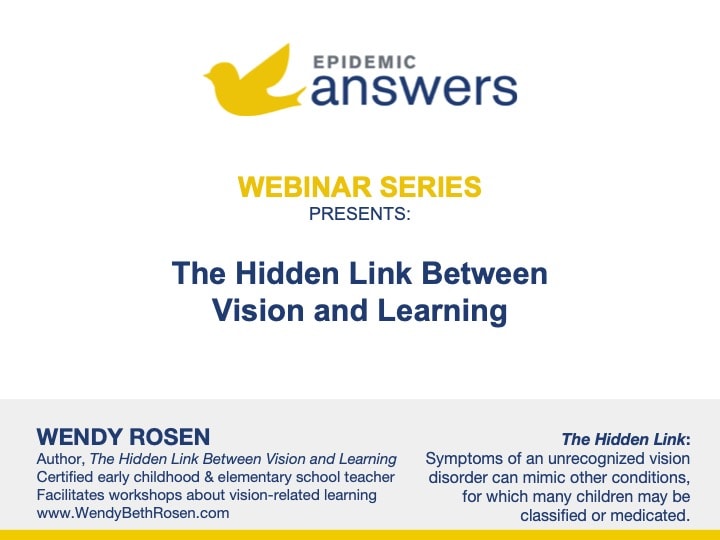Patricia S. Lemer, M. Ed., NCC gives us the scoop on educational testing and neuropsychological evaluations for special needs children.
When I was twelve, my mother showed me some vocational tests she used in her volunteer work with seniors. I was fascinated. I loved math, puzzles, and analyzing behavior; I had found my perfect vocation. Later, I majored in psychological testing at college. The rest is history. For more than 30 years, I was an educational diagnostician. Daily, I administered psycho-educational tests to kids and adults. For me, testing is like playing bridge; instead of using cards, I ask questions, present blocks and problems, pencil and paper. Every “hand” is a different, new puzzle to solve.Why Do Educational Testing?
Educational testing and neuropsychological evaluations are important because most people want a diagnosis. The results of diagnostic testing determine placement, access to services such as special education or therapy, and insurance reimbursement (or denial).Rule:
Decide whether you need a diagnosis, or are more interested in what is causing the learning and/or behavioral issues. While good diagnostic testing is multi-faceted and can pinpoint underlying causes, test scores alone simply identify symptoms.Who Does Educational Testing?
Psychologists, neuropsychologists, neurologists, counselors, reading specialists, tutors and special educators administer aptitude and achievement testing. Anyone with basic inter-personal skills can test children according to the rules. Many can quickly put a child at ease and make it fun. Few can take scaled scores, percentiles, and critical clinical observations and make sense out of them; testing is an art, not a science.Rule:
Find someone with good “people skills” who evaluates the whole child and does not provide therapeutic services. Psychologists find emotional issues, occupational therapists find motor problems, tutors note academic lags, and neurologists speculate about how the brain is wired. “When you’re a hammer, everything looks like a nail.” I remember a tutor who gave six reading tests to a second grader who couldn’t read. Guess what she recommended? Reading tutoring! I want to know why that child can’t read.Which Tests?
The lucrative testing industry markets hundreds of instruments to measure every possible aspect of learning and achievement. Aptitude tests are the best way to get information about a child’s abilities. It would take days of observation and interviewing to gather the data a WISC yields in an hour.- Aptitude tests measure vocabulary, reasoning skills, abstract thinking, attention, sequencing, long- and short-term memory, visual spatial understanding, social savvy, organization and endless other skills, relative to age norms.
- Achievement tests describe a child’s mastery of curriculum in different subjects, relative to age norms or grade levels.
- What hand does he use?
- Where is the non-dominant hand?
- What strategies does he use when stuck?
- Does he think aloud?
- Stare in space?
- Ask for assistance?
- Give up in defeat?
Rule:
Ask the examiner what tests she administers and why. Avoid “standard” test batteries. A good examiner should be flexible, have a wide choice of tests, and use the ones that will best solve the puzzle of your child.When and Where?
Ask yourself, “Why now?” Is this a critical transition period? Are diet or medications stable? Is the family dynamic supportive? Is my child better in the morning or afternoon? Is he well rested? Testing is a tiny sample of a child’s behavior at a given point in time. If the child is not acting typically, for whatever reason, results may be misleading. Will your child respond better to an institutional setting or an informal home office? You can’t always avoid clinical settings, as good clinicians often work there.Rule:
Make sure that biological, psychological and environmental factors are as close to ideal as possible; postpone appointments if not. Take a field trip to evaluate how the setting fits your needs. After a career of evaluating children, I now rely less on tests and more on history-taking and informal observations. Parents know what is causing their kids’ issues but may not have the confidence or expertise to act on their intuition.About Patricia S. Lemer LPC MEd
Patricia S. Lemer is a licensed professional counselor, holding a Masters of Education in counseling and learning disabilities from Boston College and a Masters in Business from Johns Hopkins University. She practiced as an educational diagnostician for over 40 years.
She was a co-founder and served as Executive Director of the international non-profit organization Developmental Delay Resources (DDR). After DDR merged with Epidemic Answers, she became Chairman of the Board. When she retired from the board, she became an emeritus board member.

She is the author of three books, the most recent of which is Outsmarting Autism, Updated and Expanded: Build Healthy Foundations for Communication, Socialization, and Behavior at All Ages (North Atlantic Books, 2019).
Lemer wrote over 50 editorials for "New Developments," the quarterly newsletter of Developmental Delay Resources (DDR), from 1995 - 2009. When DDR wound down, she wrote an online blog, "After the Diagnosis, Then What?" from 2009-2017. Her articles and blogs have been updated and archived on the Epidemic Answers website.
Since 2019, Patricia Lemer has recorded a bimonthly podcast, "The Autism Detective." In these hour-long shows, she interviews parents and professionals about their experiences in maximizing the potential of individuals on the autism spectrum. Over 100 episodes are available on Spotify and other online platforms. To learn more, go to PatriciaLemer.com and OutsmartingAutism.com
Still Looking for Answers?
Visit the Epidemic Answers Practitioner Directory to find a practitioner near you.
Join us inside our online membership community for parents, Healing Together, where you’ll find even more healing resources, expert guidance, and a community to support you every step of your child’s healing journey.




